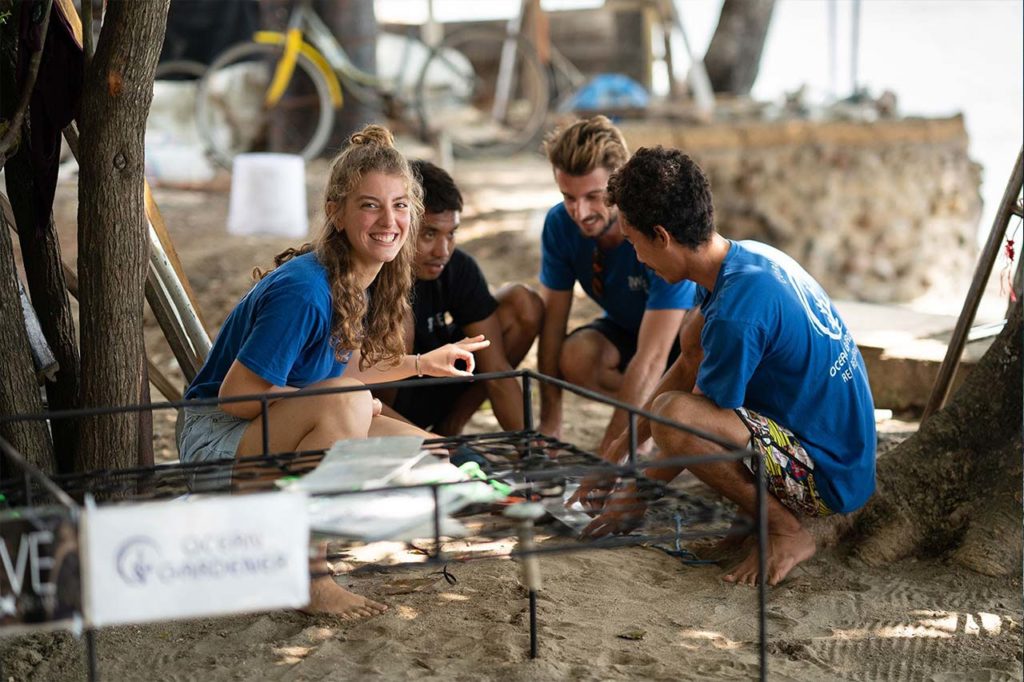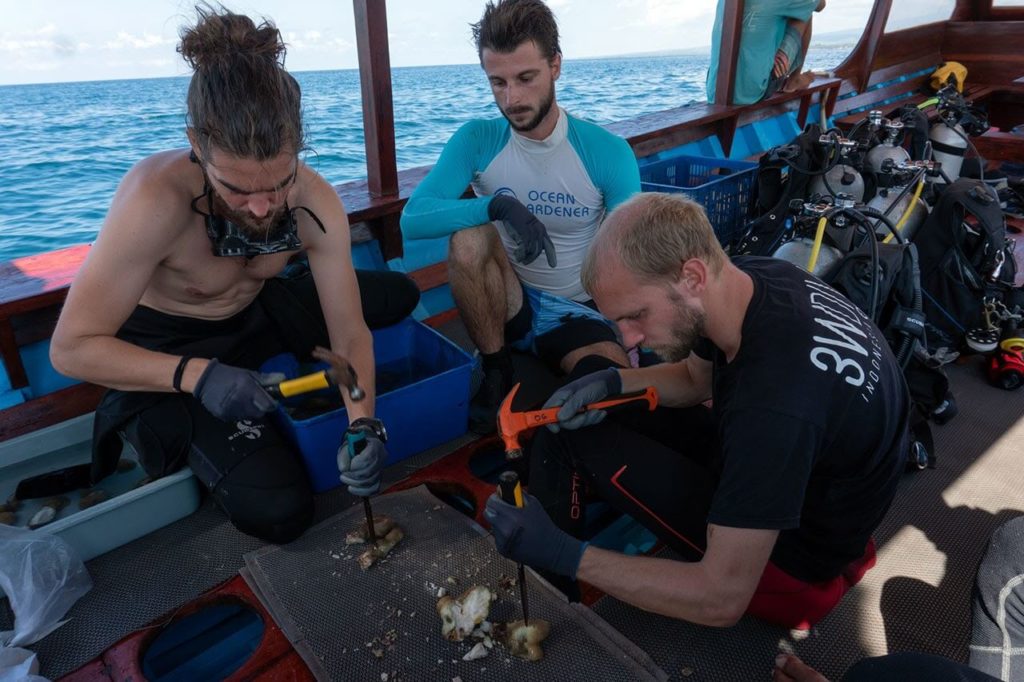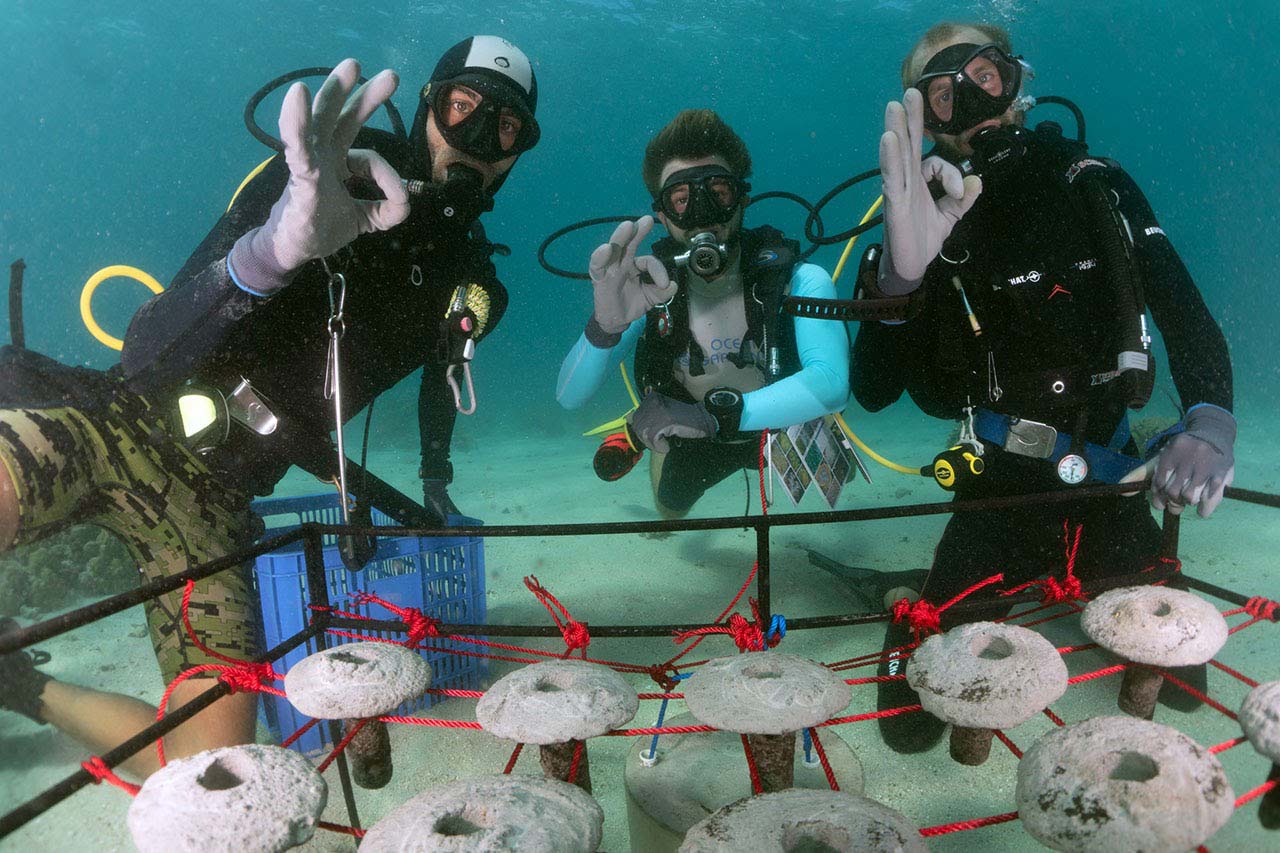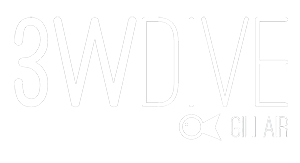Attending marine ecology programs and internships should be exhilarating, challenging, and life-changing. Once finished with the program or internship, students should have qualified experience to progress into a career. But what happens if a student isn’t challenged, doesn’t gain experience, and doesn’t learn anything new to progress in their dream career?
In this article, you will learn the truth about marine ecology programs and internships and the steps to take before committing.
In this article, you will learn the truth about marine ecology programs and internships and the steps to take before committing.
Overselling
Creative lingo and smooth communication often make students believe that a program or internship is ideal. When in reality, organizations are trying to sell students on being on an island, working with an international team, and developing skills by attending special courses. Usually, students only end up accomplishing survey work without any special activities.
Working for Free
Marine ecology programs and internships take advantage of students that are interested in ecology by acknowledging that they will gain valuable experience even if they are not paid. While gaining valuable experience is great, it doesn’t help students who are in student loan debt.
Expensive
Attending marine ecology programs and internships can be extremely expensive. The expenses go towards accommodations, transportation, food, activities, or scuba diving certification, causing students to spend most of their money on a program or internship where they end up working the whole time—leaving students financially burdened.
Requirements and Work
When applying for marine ecology programs and internships, most often than not, there will be specific requirements, such as grade point average, college level, or volunteer work experience. While this can be important, there are times that it makes it very difficult to get in and limits the number of programs and internships a student can apply to, making it very stressful.
Once accepted into a program or internship, the work is usually basic with low-skill duties and does not match up with a student’s qualifications.


What To Do Before Applying For A Marine Ecology Program Or Internship?
Make sure to ask specific questions when applying to a program or internship. It will help students better understand what to expect before spending time and money. Contact someone who has already attended the marine ecology program or internship. It allows students to gain the most informative feedback.
Doing as much research as possible on a marine ecology program or internship is always essential. Even checking out social media platforms can help students determine the type of activities and courses offered.
Doing as much research as possible on a marine ecology program or internship is always essential. Even checking out social media platforms can help students determine the type of activities and courses offered.
What 3W Dive Offers
3W Dive offers a Marine Conservation Internship focusing on coral reef conservation. Students will have a chance to learn about flora and fauna of coral reefs while learning about farming and restoration. There is also a Coral Diver Course which is a three-day course to learn and explore coral reefs.
3W Dive has decided to start a coral nursery to plant coral back on the reef. Again as a dive center, we feel responsible and that it is our duty to try to have a direct impact by planting coral and educating our divers about marine ecology. We are also the Trash Hero Chapter on our island by educating young local kids about plastic pollution.

